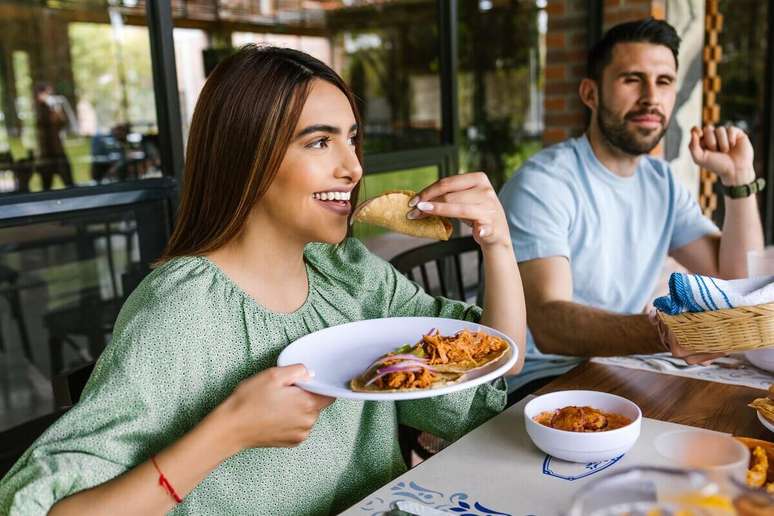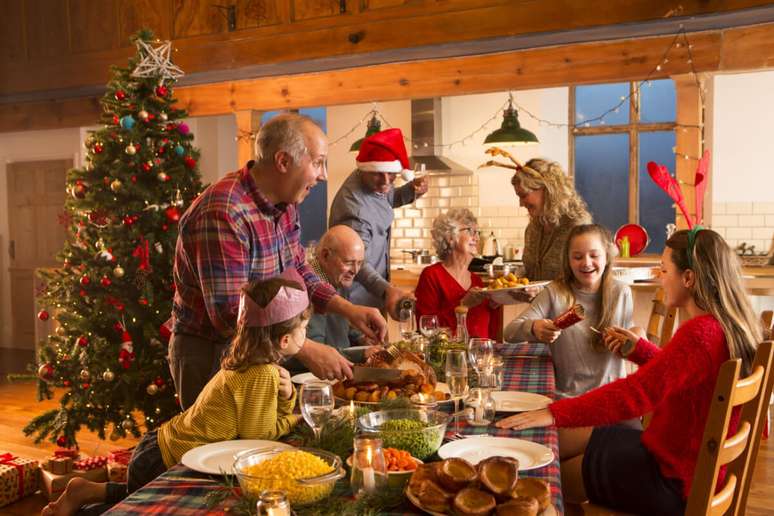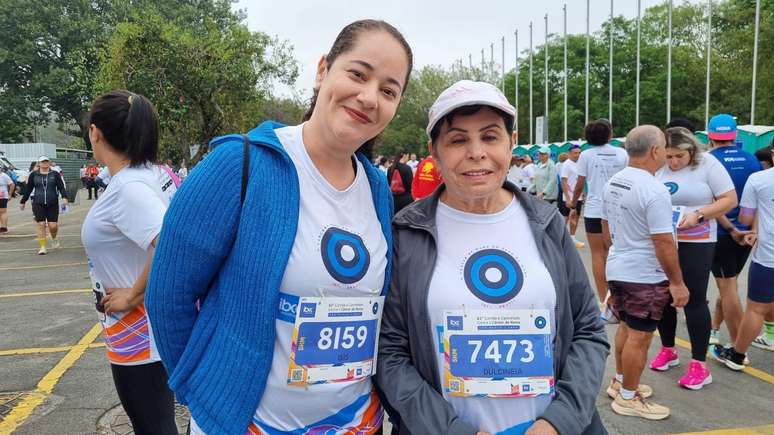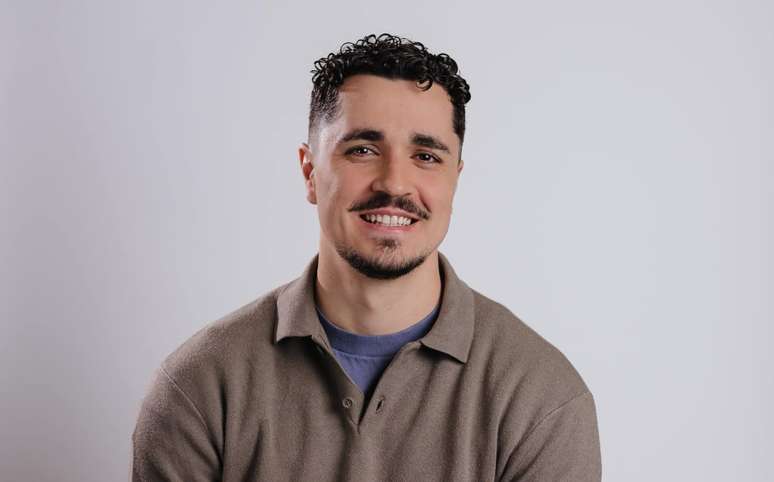The doctor explains how to make celebrations safer and prevent accidents at this time
The holidays bring with them the magic of celebration, joy and being together. However, it is essential to remember that, in the festive euphoria, safety and personal care should not be overlooked. Preventing fun from turning into unwanted visits to the emergency room or hospital is a shared responsibility.
Social commitments, travel, expectations and changes in routine can have many impacts on your health. “We can cite, for example, excessive eating, alcohol consumption, home and road accidents, stress and even depression, which contribute to the increase in medical accidents at this time of year,” warns Prof. Dr. Bruno M. Pereira, coordinator of Trauma Surgery at São Luiz Campinas Hospital.
Types of emergencies
The professor. Dr. Bruno M. Pereira emphasizes that it is necessary to separate the most common emergencies by age groups. “For children there is the school holiday period, when it is normal for the number of domestic accidents to increase such as burns from fireworks, falls and drownings, as well as heat stroke and poisoning”, underlines the doctor. “These are situations that can be prevented with parental supervision and attention,” he adds.
The doctor also lists major medical emergencies for adults and gives advice for everyone to enjoy celebrations securely. Watch!
1. Road accidents
The increased flow of vehicles during the Christmas holidays contributes to increasing the risk of road accidents. Therefore, avoid driving under the influence of alcohol, use a seat belt, a suitable child seat and pay attention to the conditions of the roads and the vehicle. Furthermore, do not use your cell phone while driving and, for motorcyclists, the use of a helmet is essential. Whenever possible, opt for public or shared transportation.
2. Excessive alcohol consumption
Celebrations often involve the consumption of alcoholic beverages, which can lead to poisoning and accidents. Moderate your alcohol consumption, alternate it with water and avoid driving if you are drunk.
3. Gastrointestinal problems
The abundance of food at parties can lead to digestive problems, such as indigestion and gastritis. To avoid these situations it is essential to moderate the consumption of foods rich in fats, as well as avoiding overeating. Furthermore, staying hydrated and practicing regular physical activity are actions that contribute to the correct functioning of the digestive system and the body.

4. Food poisoning
Improper food storage and preparation can cause food poisoning. Make sure food is fresh, well cooked and stored correctly. Avoid eating dishes that have been left out of the refrigerator for long periods and pay particular attention on beaches.
5. Falls and injuries
Holiday decorations, slippery floors, diving and lively games increase the risk of falls and injuries. Therefore keep environments well lit, remove obstacles and be aware of possible dangers around you.
6. Stress, anxiety and depression
OR emotional stress It can get worse during the holiday season. To avoid mental health problems, take time to relax, practice breathing techniques, and have fun.
It’s worth remembering that, for some, the end of the year period can trigger or worsen depression. Social pressure, high expectations, and an emphasis on happiness intensify feelings of loneliness and sadness. In this case it is important to maintain realistic expectations, set limits, recognize and accept your feelings and, if necessary, seek professional help.
Mental health is a crucial part of overall well-being and taking care of it is a priority, especially during the holidays.
7. Chronic disease management and ongoing medications
Patients with chronic diseases must strictly monitor their condition during the celebrations. Do not stop taking your prescribed medications and follow your doctor’s instructions. Also, pay attention to the timing of administration and have a sufficient supply of medicines for the holiday season and travel.
Important precautions
The professor. Dr. Bruno M. Pereira also underlines that adopting a preventive and conscious attitude is essential to reduce risks. “Plan ahead, check vehicles, exercise restraint and be careful. Even a first aid kit at home or in your suitcase can help,” adds the doctor.
By following these tips, everyone can have fun New Year’s Eve parties with more safety and health. “Prevention is the key to a holiday period free from medical emergencies. Happy and safe end of the year for everyone!”, concludes the hospital coordinator.
By Samara Meni
Source: Terra
Ben Stock is a lifestyle journalist and author at Gossipify. He writes about topics such as health, wellness, travel, food and home decor. He provides practical advice and inspiration to improve well-being, keeps readers up to date with latest lifestyle news and trends, known for his engaging writing style, in-depth analysis and unique perspectives.



-sksawq3orh9w.jpg)





